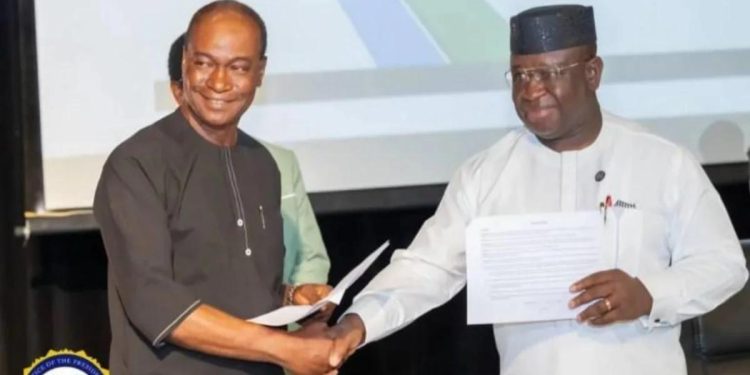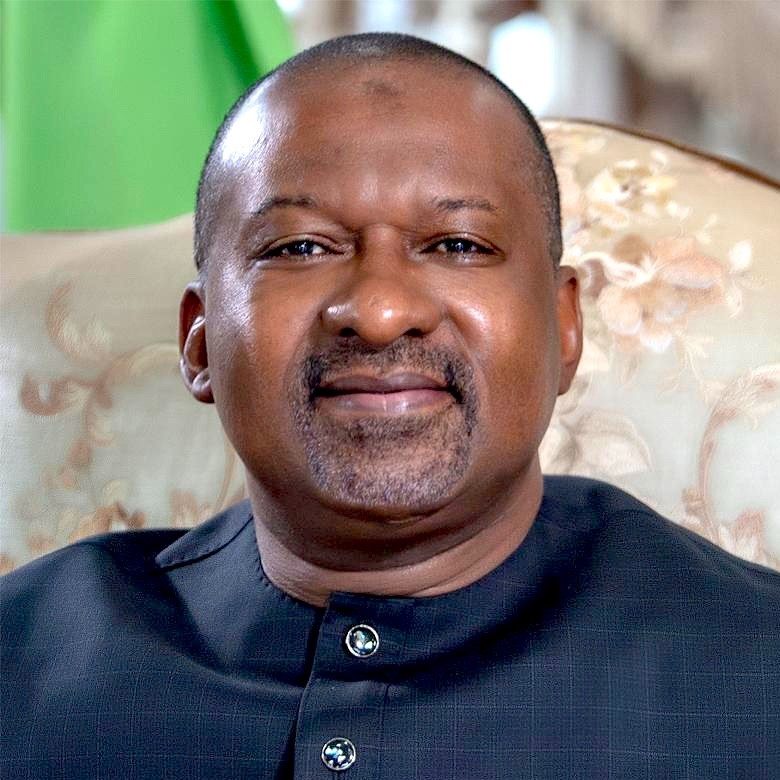By Hassan Osman Kargbo
Since gaining Independence in 1961, Sierra Leone has made notable strides in fostering national unity and promoting peaceful coexistence among its diverse ethnic groups. The country has long prided itself on maintaining harmony across tribal and regional lines, where citizens from all walks of life—irrespective of tribe, region, or religion—enjoy equal rights and opportunities.
Historically, Sierra Leoneans have been widely recognized for their tolerance and the ability to live side by side despite ethnic differences. Communities in the North-West, traditionally home to Temnes, are also inhabited by Mendes, and vice versa in the South-East. This intermingling of ethnicities has often been held as a testament to the country’s commitment to national cohesion.
A strong example of this unity was demonstrated in the recently concluded presidential elections, where both of the country’s major political parties selected Vice-Presidential running mates from the Fula ethnic group—a minority in Sierra Leone, a move widely applauded as a signal that Sierra Leone’s politics is gradually moving away from ethnic divisions, embracing inclusivity.
However, recent events have raised concern about the possible re-emergence of tribal sentiments in public discourse, particularly from individuals in influential positions. A recent social media post by the Director of Communications at the State House has stirred controversy and drawn backlash for appearing to reinforce tribal stereotypes. The post, which explicitly named surnames of ethnic groups predominantly found in the North—such as the Kamaras, Kanus, Contehs, Banguras, and Sesays—has been criticized as divisive and contrary to the nation’s values of unity and peaceful coexistence.
Public reaction to the post has been swift and critical, with many Sierra Leoneans expressing disappointment and concern. “We cannot afford to go backward,” said Mariama Kallon, a civil society activist based in Bo. “Sierra Leone has worked hard to overcome the scars of the civil war and to build a society where people are judged by their character, not by their surname or where they come from.”
Critics argue that statements such as those made by the State House official not only undermine national unity but also have the potential to inflame ethnic tensions at a time when the country needs healing and reconciliation. The 11-year civil war that devastated Sierra Leone in the 1990s was partly fuelled by political and regional marginalization. Since then, successive governments have made deliberate efforts to address ethnic imbalances and promote inclusivity.
“We expect better from people in public office,” said Dr. Alhaji Jalloh, a political science lecturer at Fourah Bay College. “Anyone with influence, especially someone with access to the Presidency, should be mindful of their words. Leaders should set examples by promoting messages of unity and progress, not tribal division.”
Many citizens have called on the official in question to retract the statement and issue a public apology. Advocacy groups are also urging the government to take stronger measures to discourage tribal rhetoric in politics and public service. Some have gone further, calling for disciplinary action against public figures who engage in divisive speech.
The Constitution of Sierra Leone guarantees freedom of expression but also stresses the importance of national unity and equal protection for all citizens. As such, many are arguing that those in leadership must strike a balance between expressing personal opinions and upholding the integrity of public office.
Meanwhile, President Julius Maada Bio’s administration has yet to officially comment on the incident. Analysts suggest that silence from the highest levels of government may be interpreted as tolerance for such remarks, a perception that could erode trust among citizens who already feel marginalized.
To maintain its hard-earned reputation as a peaceful and united nation, Sierra Leone must continue to guard against tribalism in all forms. With a rich tapestry of cultures and ethnic backgrounds, the country stands to gain more by embracing its diversity rather than allowing it to become a point of division.
As calls for accountability grow louder, many Sierra Leoneans hope this incident will serve as a wake-up call—not just for the government, but for every citizen. Unity, after all, is not merely an ideal but a responsibility that must be nurtured and protected at every level of society.











